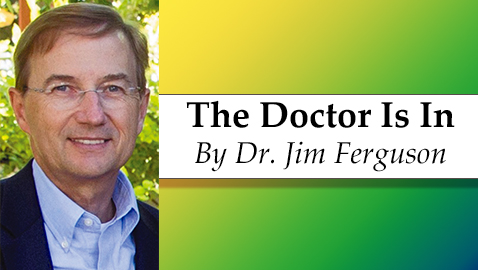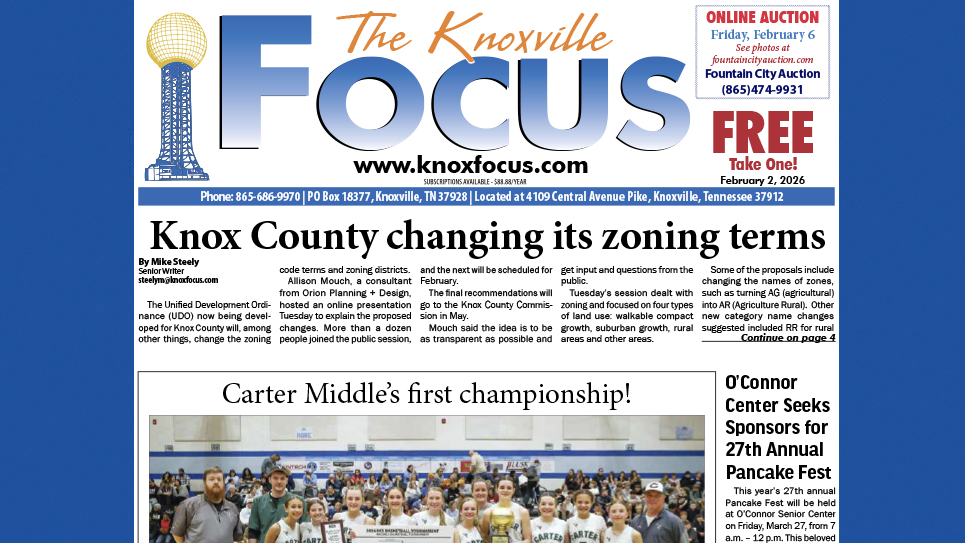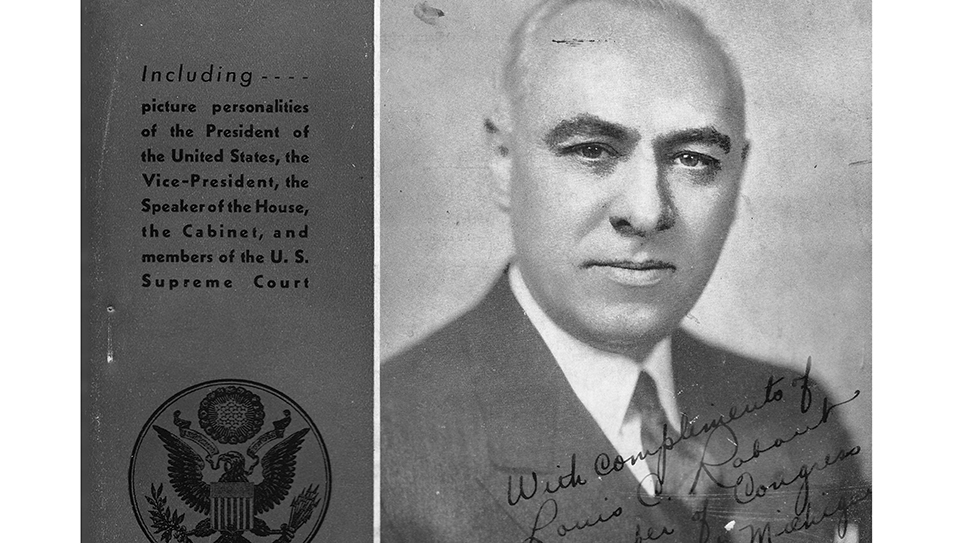“I hate writing, I love having written.”
-Dorothy Parker
“Most of the time I enjoy writing, but I love having written.”
-Jim Ferguson
Each week I sit down and write about what’s on my mind. Now that I am retired this usually occurs on a Wednesday or Thursday afternoon, since I have an editorial deadline at 9 a.m. Friday mornings. This week I’m thinking about figures of speech such as metaphors and idioms. Look for them!
Sometimes, it’s hard to remember if I have thought about something or talked about a topic with Becky. Heck, it’s not unusual that Becky (my editress) and I have trouble remembering what I wrote last week. Actually, my thinking, talking and writing are inextricably enmeshed.
There is an old Beatles song that goes, “I’m fixing a hole where the rain gets in and stops my mind from wandering where it will go.” Most weeks I like following my thoughts and committing them to prose. (My English teachers were never able to convince me of the wisdom of doing outlines.) And then other weeks, I ask myself, why do I continue this column? As I chew upon the question, I return to the perspective of purpose. I am an average-sized fish in a small pond. This is my place, and my destiny is to use the talents from God to do my best for the common good.
Philip Yancey is probably my favorite Christian writer. His thoughtful observations and beautiful prose are sublime. I have read a dozen Yancey books which occupy an honored place in my library. You realize that “He who dies with the most books wins.” I’ll never have a library like Thomas Jefferson, who ultimately gave his collection to form the core of the Library of Congress. But I have a shelf full of old friends.
Tongue-in-cheek jokes aside, I’ve been thinking of idioms. In fact, I just used an idiom, defined as a figure of speech whose meaning transcends the words or phrase. Perhaps biting one’s tongue to stifle a laugh or sticking your tongue in your cheek to produce a wink is the origin of the tongue-in-cheek idiom.
Perhaps idioms are metaphors whose meaning has been lost in the sands of time. Did you catch the metaphor I just used, defined as a figure of speech where a word is substituted for another to suggest an analogy? To make my point, do you know the origin of “It’s raining cats and dogs”? Thatched roofs were common centuries ago, and pets were brought into the house at night. The pets would often reside in the loft spaces. A heavy rain and a leaky roof would often drive them out and “rain” them down on the people below.
I have absolved myself of guilt for rereading books that still give me joy. I have made the argument that repeatedly enjoying Beethoven’s 9th Symphony or Puccini’s Tosca or Jenn Johnson’s Goodness of God is OK. In my egghead book club, we just read a book I read 40 years ago. This time I enjoyed God and the New Physics through older eyes. But rereading Philip Yancey’s book What’s So Amazing about Grace with “fresh” eyes in my Fellowship Group gave me renewed hope and the title for this week’s essay.
The wrongness of iPOTUS, Washington politicians and the deep state intelligence agencies, the media and Big Tech, the invasion of our southern border, woke military generals who kowtow to terrorists, Covid fear-mongering, violence, drugs, homelessness, injustices and apostasy are beyond the pale. A pale is a fenced enclosure. So something “beyond the pale” is idiomatic of things that are completely unacceptable or inappropriate.
There is so much that is beyond the pale, my soul embraced Yancy’s “patches of green” as metaphors of hope. Americanism still beats in the hearts of patriots. There are worship services and communities of the faithful that are thriving, not just surviving or devolving like so many others. I know this to be true because I have experienced these patches of green amidst the scorched earth wrought by progressive Democrat socialists.
Two and a half millennia ago it was thought that civil societies could be built upon a framework called the cardinal virtues. A virtue is a proper or correct belief. The word cardinal derives from the Latin word cardo, meaning hinge. Modern terms for these four virtues are common sense, courage, justice and moderation. Currently, it is difficult to see these virtues as operative in our country. Two millennia ago the apostle Paul described faith, hope and love in 1 Corinthians 13. We call these theological virtues. I imagine these as rudders that steer the ship of state whose framework is built with the cardinal virtues.
We inhabit a dualistic universe of up and down, left and right, etc. Without a right (virtue) there can be no wrong. I mentioned the book God and the New Physics. The new physics are quantum mechanics and Einstein’s general relativity. I won’t bore you with the science and the philosophy of quantum mechanics which provide a framework for the modern world to exist and function. Einstein’s theories say there is no absolute place or time and as a result everything is relative. This may work for space-time cosmology, but humans must have an absolute. Imagine trying to measure a door frame and you don’t know whether you have a yardstick or a meter stick. Mankind needs standard references of measurement.
God is the absolute standard of good by which humans compare themselves and each other with their measures of virtue. Without the Standard men become apostates and become lost in their injustices to one another.
Do you want to fix yourself, your neighbor or the world? Read Luke 10:27. These are the words of the absolute Standard and the framework for a civil society. Government can never replace God. And man’s laws, be they speed limits or constitutions, pale by comparison to God’s universal law, His divine laws and even His created natural law.







